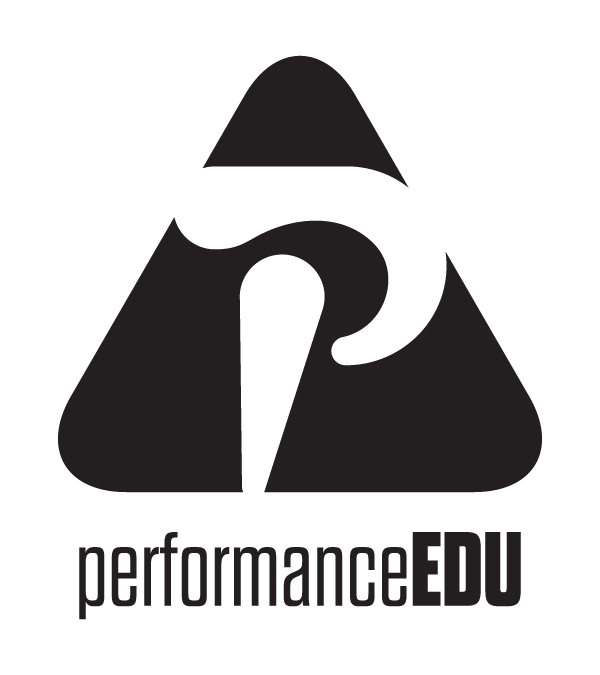The Hard Truth About Running a Personal Training and Performance Facility—And Why It’s Still Worth It
The health and wellness industry is built on passion. Trainers, coaches, and therapists get into this work because they love helping people move better, feel stronger, and live healthier lives.
But passion alone isn’t enough to keep a studio running.
Behind every personal best, transformation story, and energetic group class lies a mountain of challenges most people never see. Running a fitness facility is one of the most rewarding—and one of the most demanding—paths you can take.
Here’s why it’s so hard… and what makes it worth the effort.
1. It’s Not Just About Training—It’s a Full Business Operation
Loving fitness doesn’t prepare you for running a business. Once you step into ownership, you're managing: rent, utilities, and insurance.
Employee payroll and scheduling
Taxes and legal compliance
Marketing, lead generation, and retention
Software systems, technology, and admin tasks
Coaching is just the beginning. You go from trainer to operator, strategist, and decision-maker. That shift is what breaks a lot of gyms early on.
2. You’re in a People Business—Not a Product Business
Fitness isn’t a retail transaction. It’s human-centered work. And humans are complex.
You're constantly managing the energy, expectations, and emotions of:
Clients with goals, injuries, insecurities, and motivation highs and lows
Staff with different personalities, communication styles, and growth paths
A community that requires care, boundaries, and culture-building every day
One bad experience can cost you a loyal client. One miscommunication can cause friction on your team. Leading people well is just as important as programming a great workout.
3. Getting Results Isn’t Enough—You Have to Retain
Results matter. But retention is the real key to success in this business.
And it’s hard. Even when you deliver value, life gets in the way:
Schedules change
Kids get sick
Money gets tight
Clients lose momentum or get distracted
You’re not just helping people train—you’re helping them keep showing up. That means constant communication, community events, flexible options, and a deep understanding of human behavior.
4. Margins Are Tight—And Space Is Limited
Fitness facilities are one of the most cost-heavy service businesses:
Fixed expenses like rent and equipment don’t go away
Payroll rises as you grow
Space and time are limited (you can’t run 50 sessions in one hour)
That means every square foot and every session must be used strategically. Efficiency and financial discipline aren’t optional—they’re survival tools.
5. The Industry Evolves Fast
What worked a few years ago doesn’t always work now. Clients want more:
Smarter programs with individualized progressions
Recovery tools, mobility, and hormone support
Education, data, and a sense of long-term value
To stay relevant, studio owners must evolve. That means constant learning, innovation, and a willingness to challenge your old systems—even if they “used to work.”
6. Owners Wear All the Hats
At any moment, you might be:
Coaching a class
Handling a billing issue
Talking with a parent about their teen athlete’s progress
Training a new coach
Writing an email campaign
Fixing the A/C
The only way to survive is to build a team, systemize everything, and learn how to lead without burning out.
So Why Do It?
Because it matters.
Because helping someone move without pain, return to their sport, feel confident again, or break generational cycles of poor health is real impact.
Running a health and wellness studio is hard—but it’s also one of the most meaningful ways to serve your community.
And if you can build it the right way—with heart, structure, and vision—you don’t just change bodies. You change lives.
Thinking about starting your own studio? Already in the trenches?
We’re here for the conversation. Share your thoughts or reach out—we believe in building a future where performance, purpose, and wellness come together.
